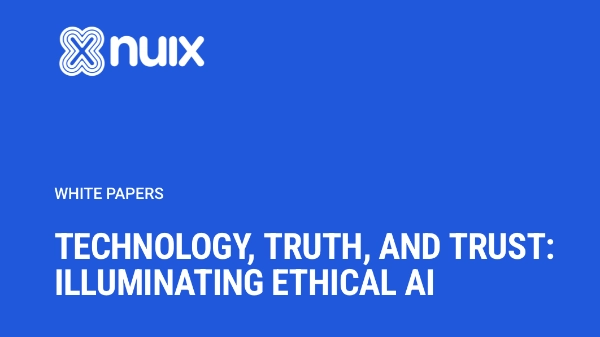Thursday, 9 May 2024, 11am – 12noon AEST
Join us to learn more about why data minimisation is key to reducing data privacy risks and how to embed data minimisation in your organisation.
This virtual webinar will cover:
- High-profile data breaches, over-retention of data, and global regulatory trends
- What are the current and foreshadowed regulatory requirements under the Privacy Act 1998 (Cth) for personal information to be minimised?
- Best practice for record retention policies and embedding data disposal.
- Why information lifecycle management is key to enabling robust information governance?
- How data minimisation can improve response times for privacy requests and FOI requests?
- And finally, how can data minimisation help support AI initiatives?


